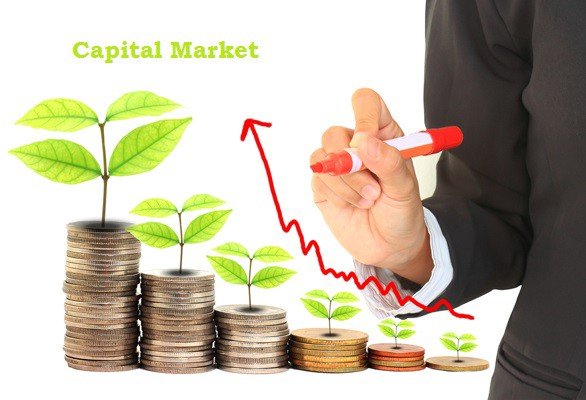Back to: AGRICULTURAL SCIENCE JSS 1
Welcome to class!
In today’s class, we will be talking about Factors of Production: CAPITAL. Enjoy the class!
Factors of Production: CAPITAL

We can define capital as the productive part of a firm’s wealth. Wealth is the sum of all money, goods, human values, etc that can be useful in the production of further wealth. But capital is the part of this wealth that is currently in productive use. Resources lying idle are wealth but not capital.
So capital is known as the man-made means of production. Hence capital will include every man-made good that is used in the production process. This differentiates both land and labour from the capital since both of these are not man-made. So machinery, tools, plant, instruments, factories, transport vehicles, etc are all forms of capital itself.
Capital is unlike land or labour in that it is artificial, it must be created by human hands and designed for human purpose. This means time must be invested in the capital before it can be useful. For example, the fisherman who fashions himself a rod must first divert time from other activities to do so.
Features of Capital
- Capital is a passive factor of production. It needs labour to be productive.
- Capital is variable. It increases and decreases according to the needs of the firm
- Among all the other factors of production, capital is the most mobile. Transportation of capital is an easy activity
- Also, capital is destructible. It’s not permanent like land. For example, a machine will wear and tear and may even completely break down with time.
Capital Formation
Capital formation essentially means investment. It involves an increase in the production of capital goods in a country. These goods include machines, factories, power supply units, railways, roadways, etc. The need for capital formation arises not only out of replacement or renovation but also to increase the production capacity of an economy. Let us take a look at the stages of capital formation.
1. Increase in Real Savings:
With an increase in income, there is an increase in savings. So higher-income generally means higher savings. This is true for individuals as well as an economy as a whole. A richer country has more capacity to save and increase its wealth than a relatively poorer country.
But only the ability to save is not enough. There should be a willingness to save. A person with one eye on the future will save more and create wealth. The government also encourages savings for its citizens. They provide tax benefits and exemptions on saving schemes. For an economy both individual savings and government savings are important.
2. Mobilization of Savings:
Only saving does not lead to capital formation. These savings have to be mobilized. The banks, financial institutions, etc collect these savings and offer them to prospective investors. So, such institutions and financial products should be available to the public. And they should also be attractive in terms of returns. The state will play an important role in the mobilization of savings as well.
3. Investment:
The final step of capital formation. Here the real savings get converted to actual investment. The entrepreneurs will properly utilize these savings to generate more income and more wealth and the cycle will continue.
In our next class, we will be talking about Factors of Production: Labour. We hope you enjoyed the class.
Should you have any further question, feel free to ask in the comment section below and trust us to respond as soon as possible.

Good morning sir/ma I am happy this morning because l am having this class